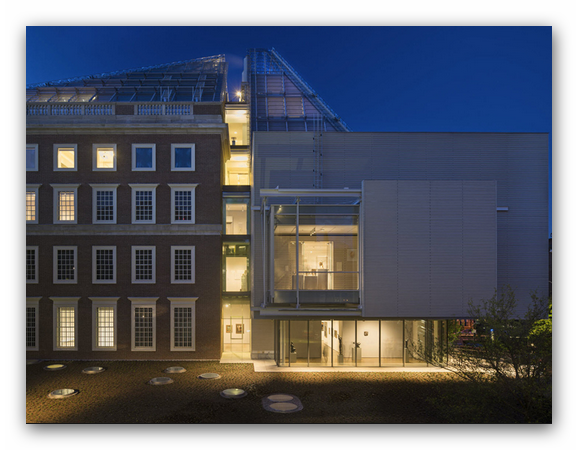Sep 27 2017 - Dec 31 2017
Cambridge, MA
On Wednesday, July 21, 1773, two graduating Harvard seniors, Theodore Parsons and Eliphalet Pearson, were summoned before a public audience to debate whether slavery was compatible with “natural law.” In the 18th century, slavery was still legal in Massachusetts, and the university’s fortunes were inextricably linked through the slave trade to the plantation economies of the South and the Caribbean. Indeed, there were slaves at Harvard for more than 140 years, serving presidents, stewards, and professors. While student debates or disputations were regularly held at Harvard, this exchange is the only example for which a full verbatim record survives.
No More, America, a film by Peter Galison, reimagines this original debate to include the powerful voice of Phillis Wheatley, an acclaimed poet, then-enslaved, who lived just across the Charles River from the two Harvard students. All three were 21 years old at the time of the disputation. Though her book Poems on Various Subjects, Religious and Moral appeared in London in 1773, Wheatley’s voice, contemporaneous with the disputation, would never have originally appeared alongside the debate. In this film, Wheatley’s presence serves as an intervention, rejecting the racist rhetoric employed by both sides through excerpts from her published works.
Credit: Exhibition overview from museum website.
Exhibition Venues & Dates
Sep 27 2017 - Dec 31 2017
Cambridge, MA
